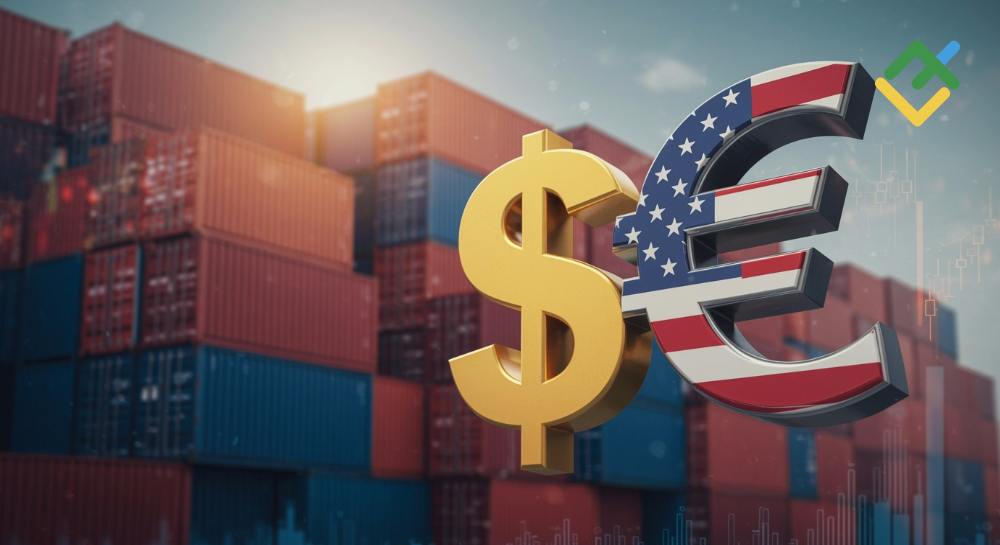Investing.com — Foreign policy changes in case of a second Donald Trump administration could substantially impact energy markets, particularly regarding Russia and Iran, according to RBC Capital Markets.
Citing its recent meetings in Washington with senior officials from the previous Trump administration, RBC commodity strategists said a Trump-led administration in 2025 may offer sanctions relief to Russia as an incentive to end further territorial ambitions.
This approach would mark a departure from the current support for Ukraine, with some advisors raising questions about “the efficacy of pouring so many resources into a war that they view as unwinnable,” strategists noted.
“These advisors insist that a key priority of Trump 2.0 would be to push for a peace settlement as soon as possible, even if it entails allowing Russia to consolidate its territorial gains,” they added.
While European sanctions have been central to the energy sector’s punitive measures, RBC points out that certain U.S.-imposed sanctions could be eased under Trump, including those affecting energy industry investments and technology exports, as well as punitive measures on parties participating in the Russian energy trade.
“We also think it will be important to watch whether cracks emerge in the collective European resolve to support Ukraine if there is a clear US policy pivot on the war,” strategists added.
On the other hand, Iran could face intensified U.S. sanctions, with Trump’s advisors indicating a return to maximum pressure policies. The aim would be to cut Iranian oil revenue, a move expected to encounter no resistance within the GOP.
RBC points out that stricter enforcement of existing sanctions, particularly secondary sanctions that affect access to U.S. capital markets, could be used to curtail Iranian oil exports and bolster opposition to the Iranian regime.
The U.S. may have more leeway to influence oil balances with its Iran policy compared to the situation with Russia, where European involvement is substantial in sanctions.
Strategists believe that a key hurdle for the U.S. would be to find additional oil supplies to compensate for any disruptions caused by sanctions on Iran. They highlight that OPEC members might be hesitant to increase production rapidly, as they would prefer to avoid a repeat of the 2018 scenario where a surge in supply led to negative outcomes.
OPEC is likely to “seek clear evidence of an outage before they open the taps to help Washington,” strategists said.
RBC also commented on the political dynamics surrounding the possibility of an Israeli strike on Iranian nuclear facilities. The firm mentioned that some former U.S. officials believe Israeli Prime Minister Netanyahu is presented with a “historic opportunity to erode the Iranian nuclear threat and reset the Middle East chessboard”, especially in the wake of the weakening of Hezbollah and Hamas leadership.
Furthermore, the report suggested that if Israel does not act during the Biden administration, it might consider taking action in early 2025, particularly if former President Trump returns to office.
“President Trump certainly showed no enthusiasm for foreign military entanglements during his previous time in power,” strategists continued.
“However, we do take seriously the potential for him to support more aggressive Israeli action, including targeting nuclear facilities, given the views of some of his closest advisors, as well as with where the broader GOP stands on this issue,” they concluded.
This post is originally published on INVESTING.





